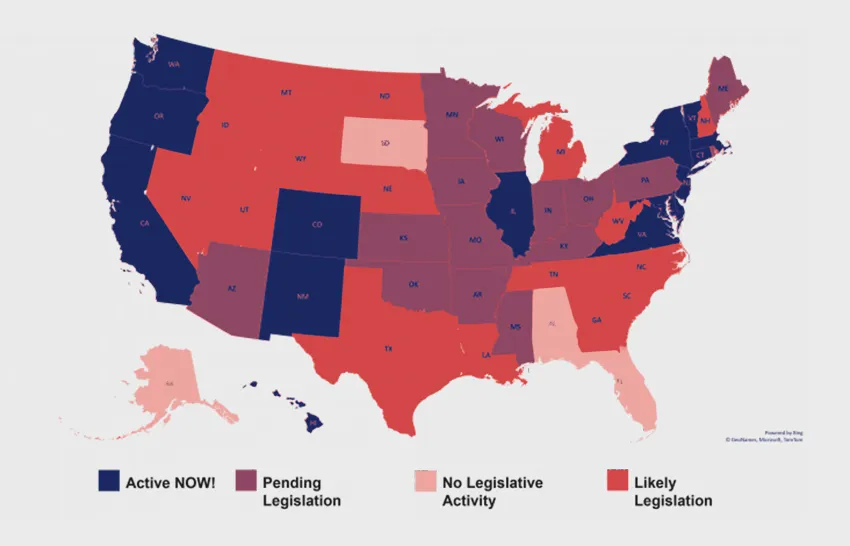The IRS requires that sponsors of 401(k) plans must test annually to make sure the plan isn’t unfairly discriminating against Non-Highly Compensated Employees (NHCEs) over Highly Compensated Employees (HCEs).
Two of these nondiscrimination tests are the Actual Deferral Percentage (ADP) and Actual Contribution Percentage (ACP).
The ADP tests counts both pre-tax and Roth elective deferrals, but not catch-up contributions of the HCEs and NHCEs. By dividing the participant’s total elective deferral for the year by the participant’s compensation, you are given that participant’s Actual Deferral Ratio (ADR). This calculation is performed for each participant. The deferral ratio is determined for all eligible employees, even those who choose not to defer. The average ADR for all eligible NHCEs is called the Actual Deferral Percentage (ADP) for the NHCE group. The same process is followed for the HCEs to determine their ADP.
The Actual Contribution Percentage (ACP) is calculated the same way but is divided by the participant’s matching and after-tax (if allowed) contributions by compensation.
The ADP test is met if the average contribution rate of the HCEs doesn’t exceed the greater of:
- 125% of the ADP for the group of non-HCEs, or
- The lesser of
- 200% of the non-HCE average rate
- The non-HCE average rate plus 2%.
The ACP test is passed using the same parameters.
Plan sponsors may base the percentages for the NHCEs on either the current or prior year contributions. This is an election made in the plan document. Under certain circumstances, the election may be changed. You’ll want to work with your Third Party Administrator (TPA) to determine the best election for your plan.
What if the test fails? The most common correction method is to refund contributions to HCEs in the amount needed to pass the ADP or ACP test. The plan has 2 ½ months after the end of the plan year to correct excess contributions. If corrections are not made by that time, the employer is liable for a 10% excise tax on the excess contributions. There are other plan design options that can be discussed with your TPA provider.
How do you avoid test failures? You need to know your options! One is to adopt a safe harbor 401(k) plan. Safe harbor 401(k) plans automatically pass the ADP/ACP tests subject to a few conditions. Contact your TPA to discuss your options.




